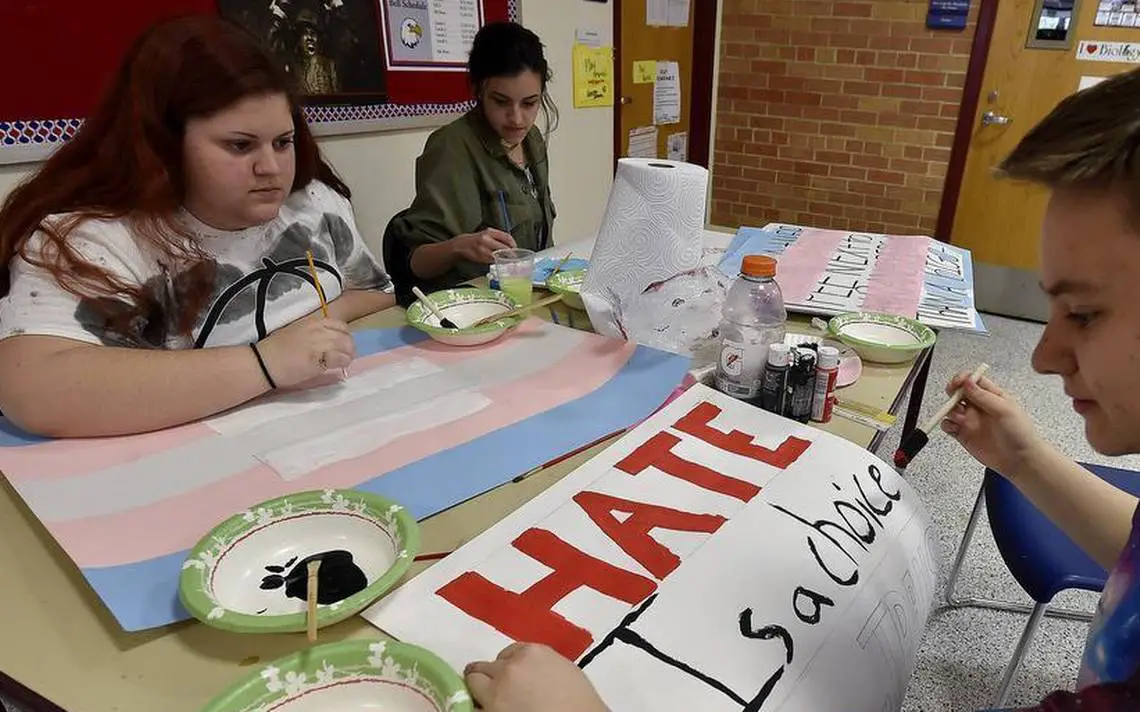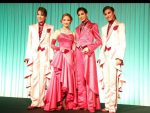There has been plenty debate about whether or not the First Amendment protects false and misleading speech, specifically pertaining to the vague concept of what exactly should be considered “misleading speech.”
Currently, educational institutions are trying to determine where misgendering falls into the scheme of things; is misgendering an act of hate speech, or is it protected by the First Amendment?
Elizabeth Engel, a junior at Wellesley College, considers misgendering to be hate speech. According to CampusReform, Engel, to combat what she says are “ableist microagressions” and to expose professors’ “failure to respect student pronoun preferences,” has created a public database of the professors in question.
The project, “Wellesley Professors and Students’ Mental Health,” which is no longer accepting responses at this time, was launched the week of March 10th. Students who wished to send in reports of misgendering were able to fill out a questionnaire that consisted of questions such as, “Does this professor respect student pronouns?”
Naming the professors in the reported incidents of microaggression, says Engel, is a good way of addressing the issue. Yet, some argue that there isn’t an issue to begin with, and that Engel is creating one by attacking speech that is protected by the Constitution.
However, according to an article from the Congressional Research Service entitled “Freedom of Speech and Press,” “The prohibition on abridgement of the freedom of speech is not absolute.”
While the Court’s decision to provide no protection for obscenity, child pornography and violent threats is obvious, many people overlook that the Court also provides minimal protection (if any) for cases of defamation, such as libel and slander.

Laws, a website that explains legislation, says that the difference between slander and libel is in the “publication” of the speech; slander is an oral defamatory remark, while libel is a written one. Either way, both damage the reputation of the person involved and have the power to injure their character.
Based on its definition, misgendering clearly falls under the exceptions of the First Amendment’s freedom of speech. An individual has an entitlement to their preferred gender, much the same way everyone has the option to go by their real name or a nickname. When misgendering, the individual, obviously offended, is ridiculed, and whether there is a crowd to witness the incident or not, the individual’s reputation and character is hurt.
Now, imagine a college student, someone who is well underway to becoming a productive member of society, being misgendered by a professor, someone a college student should look up to. The circumstances are much more painstaking. There is a clear audience: the classroom, peers and friends, and the perpetrator is supposed to be considered a role model.
In “Professors: ask preferred pronouns,” Jenny Roberts asked various college students how they feel about being misgendered in a school environment. Each student’s response mirrored the other; they had to struggle with huge bouts of anxiety and humiliation.
It’s no wonder as to why.
“The First Amendment Handbook,” written by the Reporters Committee for Freedom of the Press, claims that “a defamatory communication is one that exposes hatred, ridicule or contempt, lowers him in the esteem of his fellows, causes him to be shunned, or injures him in his business and calling.”
A misgendered student is exposed to all the things described above, and, since the humiliation occurs in an environment that they have to frequent, which can be considered their “business and calling,” creating a safe space on school grounds should be any educational administrator’s priority.
Elizabeth Engel was right in exposing the professors who didn’t consider their students’ mental well-being, which, Engel also points out, can worsen with the amount of daily disrespect misgendered students face. Millennials often have a better grasp on the complexities of gender, and, although college faculty may attempt to include measures to ensure the proper preferred pronouns are used, the younger generation must speak out when misgendering is committed.
There are other measures, however, that can be taken that do not immediately shame faculty members. The key is to prevent what is (hopefully) a gender misunderstanding before it escalates into something more vicious.
Asking for someone’s preferred pronouns isn’t an interaction society is used to, so the younger generation must ensure that it becomes one.
Students, especially on the first day of classes, may introduce their preferred pronouns while introducing themselves. Of course, I’ll admit this is scary. No one knows how accepting the professor will be, but this step is necessary to decide on further courses of action, such as creating a website that exposes misgendering like Engel, and to establish a gender-accepting atmosphere to begin with.
Communication is the younger generation’s tool. If an introduction isn’t enough, students may want to speak with their professors after class. If you’re blatantly being discriminated against and think it’s due to your preferred gender identity, speak up and make sure you’re heard. It’s a critical step to get the administration involved if it comes down to it.
Among the ideas you can suggest is the inclusion of a “Preferred Gender Pronouns” informative packet for faculty, such as this one implemented in Hampshire College, which can be distributed among administration upon entering or whenever they need a refresher on how to be considerate of students.
Teaching Tolerance promotes the best practices when it comes to creating an LGBTQ+ inclusive school climate. Gay-Straight Alliance (GSA) Clubs are effective in encouraging students to be supportive of one another and bring the educational community, peers and faculty closer. Together, the GSA club can then find a way to promote the message of equality through the school newspaper, posters and pamphlets, and can even suggest queer literature (if it’s lacking) in the literature department.
From there, the inclusion of No-Bullying policies as well as other policies, which protect the LGBTQ+ community, destroy the misgendering of students in colleges.


















“Censorship is to art as lynching is to justice”
Henry Louis Gates Jr.